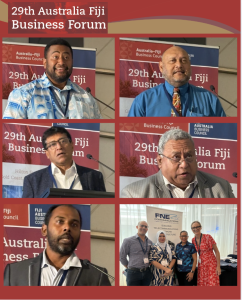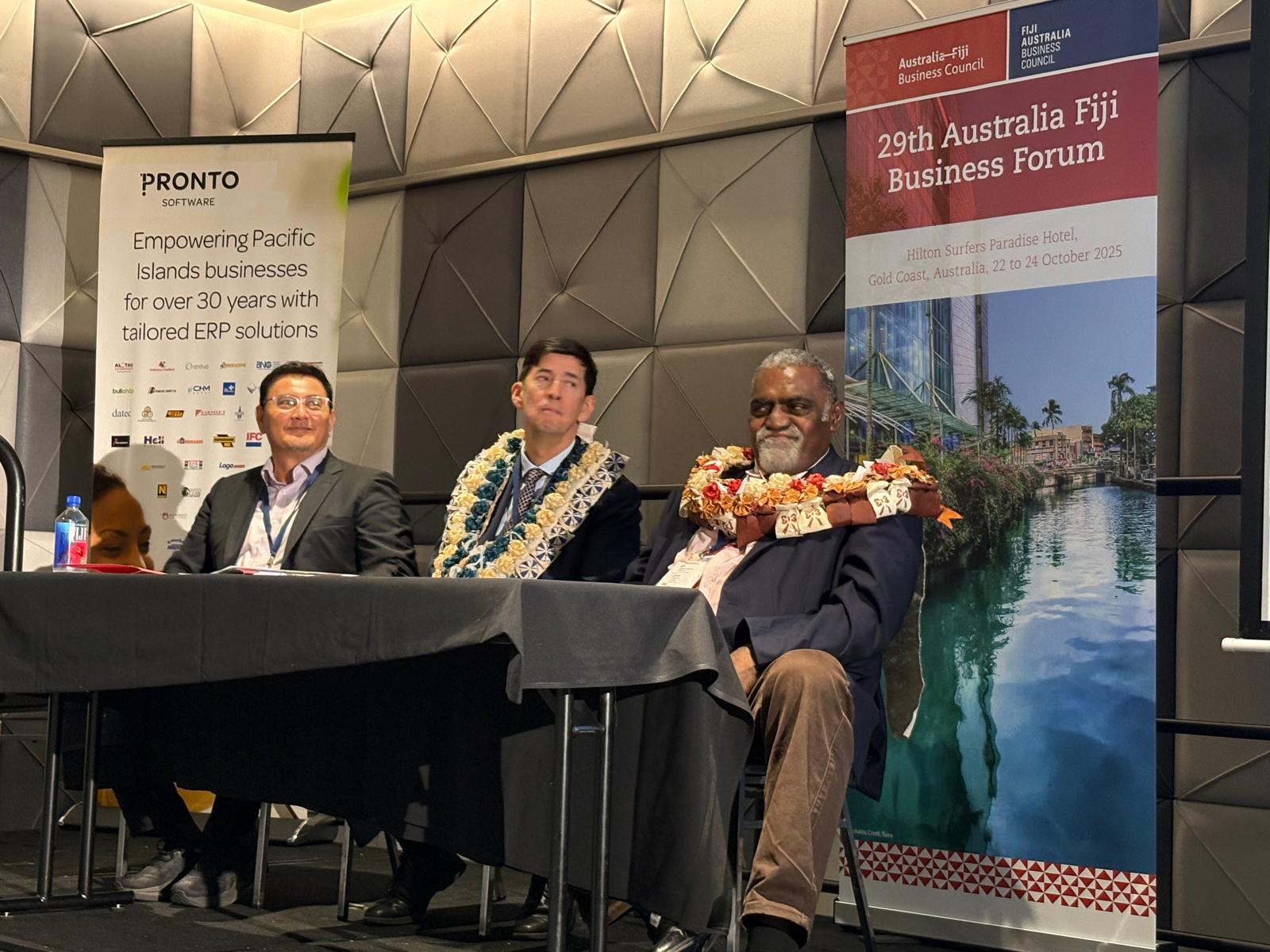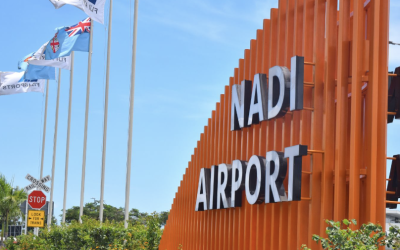The 29th Australia Fiji Business Forum, held on the Gold Coast from 22 to 24 October 2025, reinforced the growing depth of the bilateral economic relationship and the shared ambition to build an inclusive and resilient regional partnership. Delegates emphasised that Australia and Fiji continue to view each other not only as commercial partners, but as part of a closely connected Pacific community linked by cultural ties, labour mobility, sport and education exchange.
 Discussions identified opportunities across infrastructure development, tourism, agriculture, financial services, outsourcing, renewable energy and skills training. The expansion of direct air and sea connectivity, including new Cairns to Nadi services, is improving business mobility and supply chain integration, supporting growth in trade and tourism.
Discussions identified opportunities across infrastructure development, tourism, agriculture, financial services, outsourcing, renewable energy and skills training. The expansion of direct air and sea connectivity, including new Cairns to Nadi services, is improving business mobility and supply chain integration, supporting growth in trade and tourism.
Speakers noted that while the global economic environment remains challenging due to supply chain shifts, elevated borrowing costs and geopolitical realignment, these pressures are also generating new opportunities for markets that can strategically position themselves. Fiji’s tourism sector continues to perform strongly, and delegates highlighted potential in high-value exports such as processed agricultural goods and Pacific wellness products.
Financial inclusion and access to capital for MSMEs, women-led enterprises and community-based businesses were highlighted as critical to broadening economic participation. Programmes focused on financial literacy, advisory support and enterprise growth are helping diversify Fiji’s business base and strengthen household resilience.
Infrastructure and the energy transition were identified as central to long-term sustainability and competitiveness. Investment prospects exist in renewable generation, water and wastewater upgrades, tourism infrastructure and technology-enabled services. Strengthening project preparation, regulatory clarity and contractor capability will be important to accelerate delivery.
Looking ahead, the Forum signalled a shared commitment to translate strong diplomatic and people-to-people links into deeper private sector collaboration. Priorities include enhancing the business enabling environment, expanding workforce mobility and skills pathways, developing climate-ready infrastructure and supporting growth in export-oriented industries. Coordinated effort between government, businesses and development partners will be key to ensuring progress is sustainable and widely shared.



